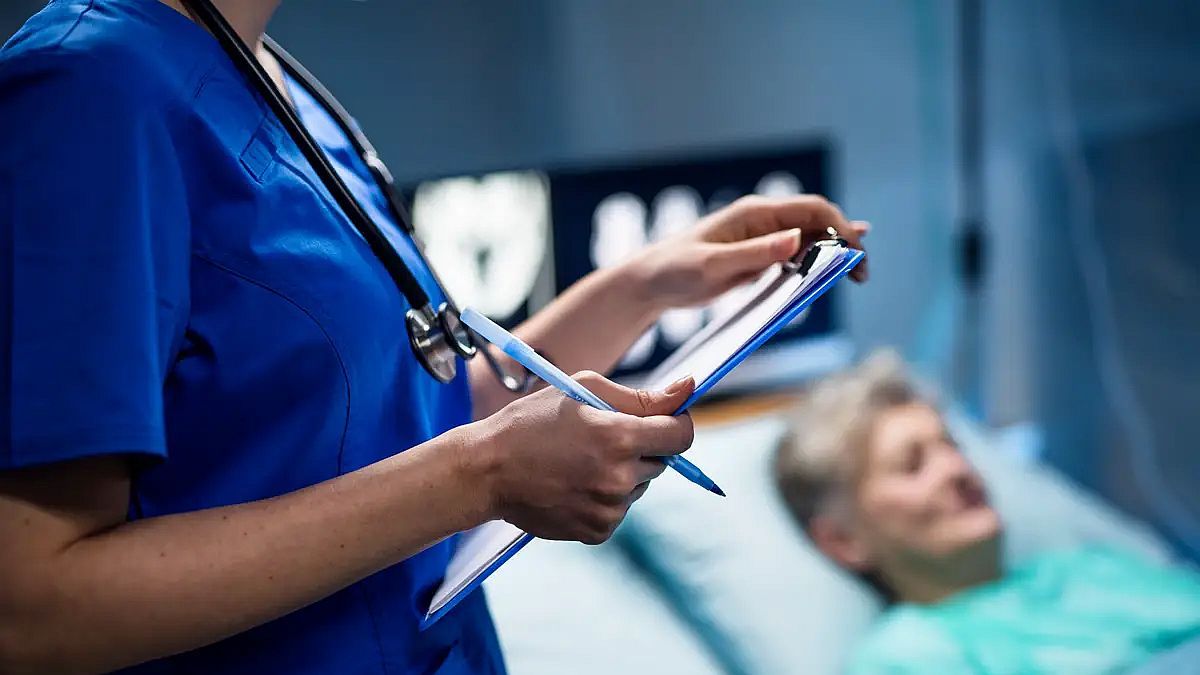The private medicine companies they began to notify their affiliates that the quota will rise 6.97 percent in October, despite the freeze announced by the Minister of Economy, Sergio Massa.
The referents of the companies say that Massa was an announcement, but since there is no decree on the subject, they send the notices to their affiliates as indicated by current regulations.
For September, prepaid companies are already sending invoices with an increase of 7.18%. Thus, between September and October, the adjustments would be around 14%, if there is no clear provision from the government.
Last Sunday, Massa included among the announcements he made after the post-PASO devaluation the 90-day suspension of the increase in prepaid medicine for families with incomes that do not exceed $2 million per month.
How is the increase in prepaid payments defined?
Since 2022, the increase in prepaid premiums is established according to the variation of the health cost index, which is prepared and published by the Superintendence of Health Services.
Last February, the Government also established a scheme of monthly readjustments through which, if a certain level of income is not exceeded, the application of a ceiling to the percentage of the increase can be requested.
The companies in the sector have not yet come out publicly to establish a position because they are waiting for the measure to become official.
However, the referents insist that the decision “is not logical” because the rest of the costs continue to rise.
Among the alternatives that they are analyzing is that of prosecuting the measure or charging co-payments (a situation that is already taking place in many parts of the country), and also freezing the fees of the providers, which is rejected outright by clinics and sanatoriums.
This last option was rejected by the chambers of the provider sector, which warned that they cannot bear it and that, if carried out, it would generate a crisis in the entire system.
Since March there has been a strong shift from higher to cheaper plans, as the middle class seeks to sustain a basic health care service, in the face of an overflowing public hospital.
According to data from prepaid companies, for the first time affiliate registrations were lower than disbursements, something that had not occurred since the 2001 crisis.
Since then, the monthly increases in installments have continued to increase based on the agreement of the sector with the Government and, in addition, general inflation has been rising and determining that consumers prioritize certain types of commitment.
If the September increase is carried out, in the first nine months of the year the quotas will have accumulated an increase of 78.1% (63.8% for those who have registered as having less purchasing power). That was the agreement reached by the parties.
Last February -after Vice President Cristina Kirchner criticized the increases in prepaid- the instrumentation scheme for the quota increases was modified and those who receive net income less than six times the minimum, vital and mobile wages had to complete an affidavit so that a ceiling equivalent to 90% of the variation of the Average Taxable Remuneration of Stable Workers (RIPTE) is applied.
In the letter that they send to their affiliates, the prepaid companies indicate that “with respect to the contracting parties who have a net income of less than SIX (6) Minimum, Vital and Mobile Salaries ($ 675,000.00), the Current Service Plan may be adjusted by NINETY PERCENT (90%) of the RIPTE of the immediately preceding month published, provided that it is less than the ICS This measure applies for a period of 18 months from February 2023, and the increase to be applied for October 2023, does not apply for said period.
Source: Ambito




